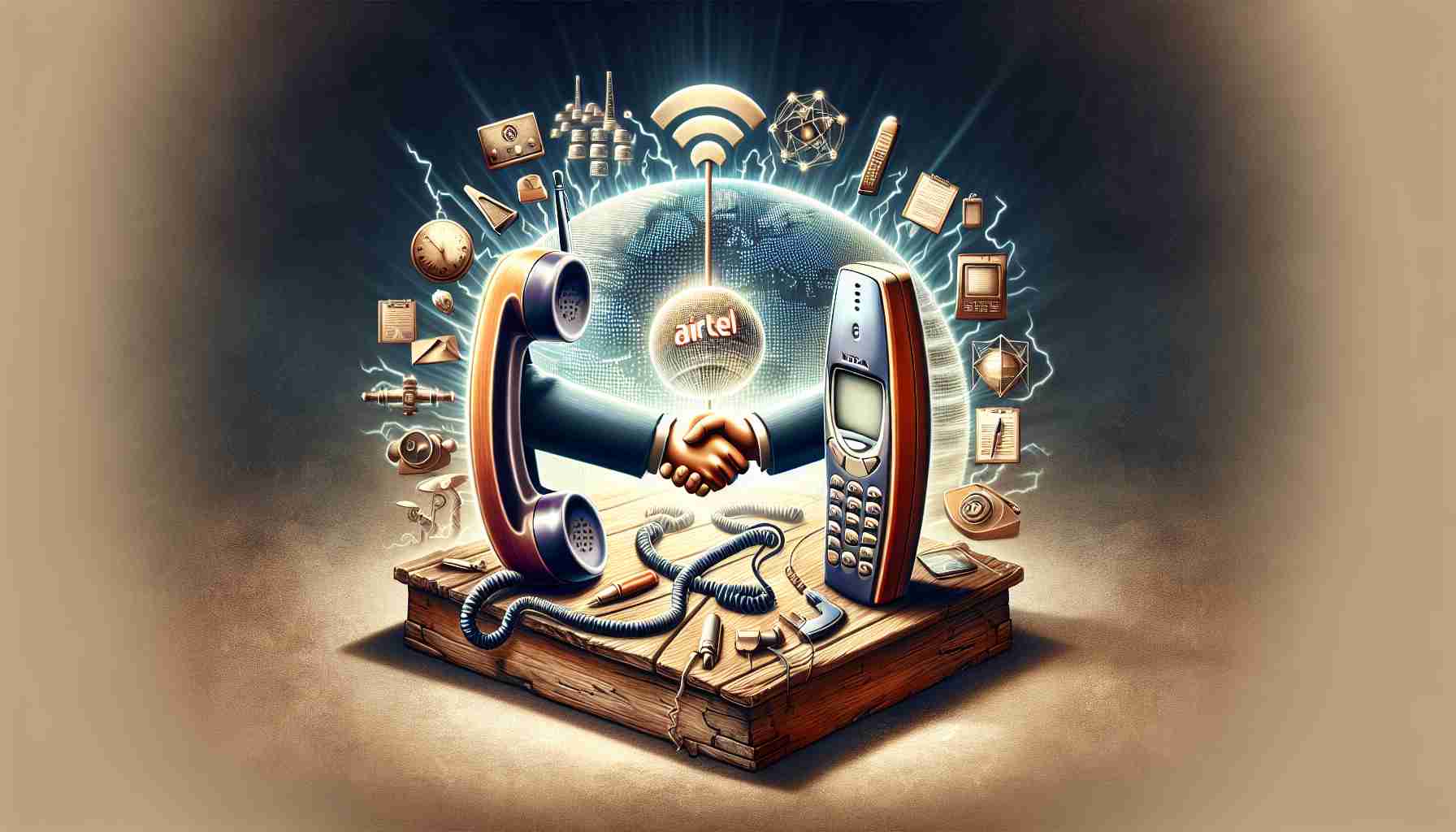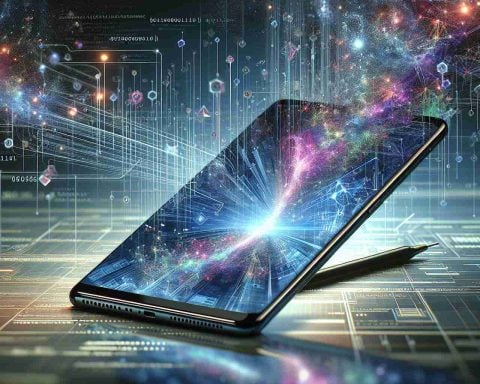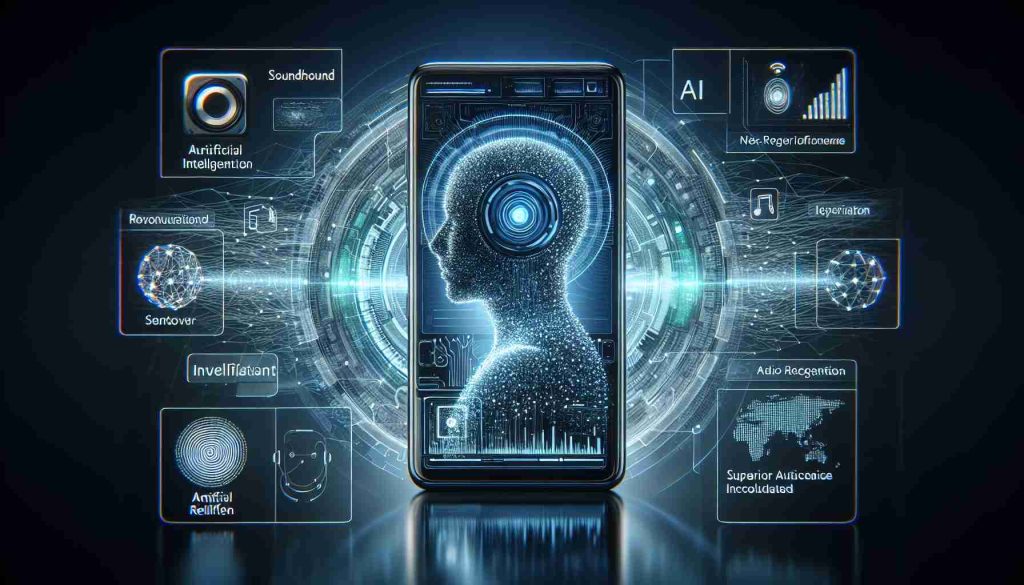Global Tech Upgrade: Nokia Steps Up in India
Nokia has been selected for a transformative contract to boost India’s digital infrastructure. The company announced a landmark multi-year, multi-billion-dollar agreement with Bharti Airtel, one of India’s leading telecom providers. This collaboration is set to revolutionize communication across key cities and states in India, focusing on the deployment of advanced 4G and 5G equipment.
Advanced Technology Rollout
Nokia will introduce cutting-edge technology from its renowned AirScale 5G portfolio, which includes base stations, baseband units, and Massive MIMO radios. All these components will leverage Nokia’s energy-efficient ReefShark System-on-Chip technology. This integration is expected to vastly improve Airtel’s network with unmatched 5G capacity and coverage, effectively supporting the company’s technological progression.
Comprehensive Network Enhancement
In addition to rolling out 5G capabilities, Nokia will be upgrading the existing 4G infrastructure to ensure it is also 5G-ready. This dual approach ensures a seamless transition and enhanced connectivity for Airtel’s customer base.
AI-Powered Network Management
Airtel will employ Nokia’s MantaRay Network Management suite, which provides sophisticated network monitoring and management tools. With the incorporation of AI-driven features, this system enables efficient digital deployment, optimization, and comprehensive technical support.
With this strategic partnership, Airtel is poised to deliver superior connectivity and set a new standard in the rapidly advancing telecommunications landscape of India.
The High Stakes of Nokia’s 5G Revolution: Beyond Technological Upgrade
Nokia and Airtel’s Partnership: Transforming Lives Across India
The collaboration between Nokia and Bharti Airtel, aiming to enhance India’s digital infrastructure, is not merely a technological leap but a potential transformative force for the socio-economic landscape of the nation. While the agreement is poised to revolutionize the telecom industry with 5G advancements, the ripple effects of this upgrade extend far beyond communication enhancements.
Impact on Society and Economy
As Nokia rolls out its advanced technologies, Indian communities stand to experience a profound impact on education, healthcare, and business sectors. Education can become more inclusive, with enhanced access to digital learning platforms, particularly in rural and underserved areas, bridging the gap between urban and rural education standards. In healthcare, improved network capabilities could facilitate remote consultations and telemedicine, providing critical access to medical professionals for communities lacking local healthcare infrastructure.
Moreover, business and commerce could see a significant boost, especially for startups and small businesses. With better connectivity, access to global markets could democratize, leveling the playing field and opening opportunities for innovation and enterprise growth. This connectivity also fosters improved communication and efficiency for remote work, which has become a staple in the modern workforce.
Enabling the Smart Cities Movement
Nokia’s deployment will be crucial in advancing the concept of smart cities in India. The implementation of 5G networks can streamline urban management with smart grids, traffic management systems, and efficient public services. This advancement is pivotal in improving the quality of life, reducing emissions, and addressing urban challenges in one of the world’s most populated countries.
Navigating Potential Challenges and Controversies
While the technological benefits are enticing, several controversies and challenges accompany such a major rollout. Data privacy and security concerns are paramount, as increased connectivity can lead to higher vulnerabilities and cyber threats. It raises the question: How will data protection policies evolve to safeguard consumer privacy in the age of enhanced digital access? Additionally, the transition might widen the digital divide in initial phases, as rural areas may lag in infrastructure deployment.
Moreover, the environmental impact of massive electronic deployment raises critical discussions about sustainability. Although Nokia’s ReefShark technology promises energy efficiency, large-scale electronic waste remains a tangible threat, urging stakeholders to prioritize recycling and green technologies.
Questions for the Future
– What will be the long-term effects on India’s job market with the introduction of 5G technology?
The advent of improved digital infrastructure may facilitate growth in tech-related jobs, but it could simultaneously lead to automation-driven job displacement.
– How will regulation evolve to balance technological advancement and public interest?
Policymakers must navigate the tightrope of fostering innovation while protecting public welfare and economic equity.
For readers interested in a broader context of telecommunications advancements and its implications globally, you may visit Nokia’s official site and Airtel’s official site for more industry-specific insights.
The Nokia-Airtel collaboration encapsulates a milestone in India’s digital journey, promising a plethora of benefits while compelling society to wrestle with new-age challenges. How India navigates these complexities will dictate the path to a digitally inclusive future.






















